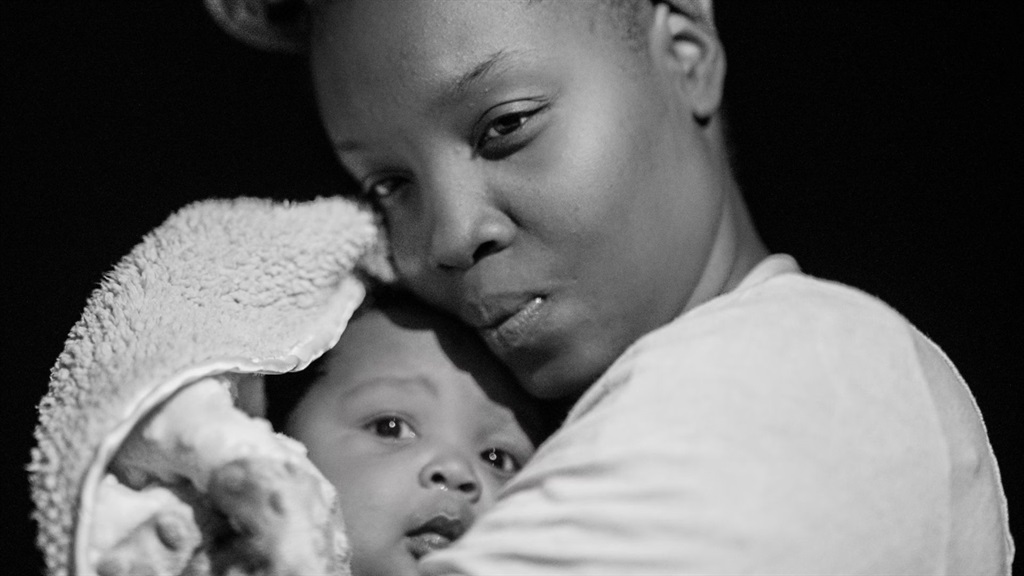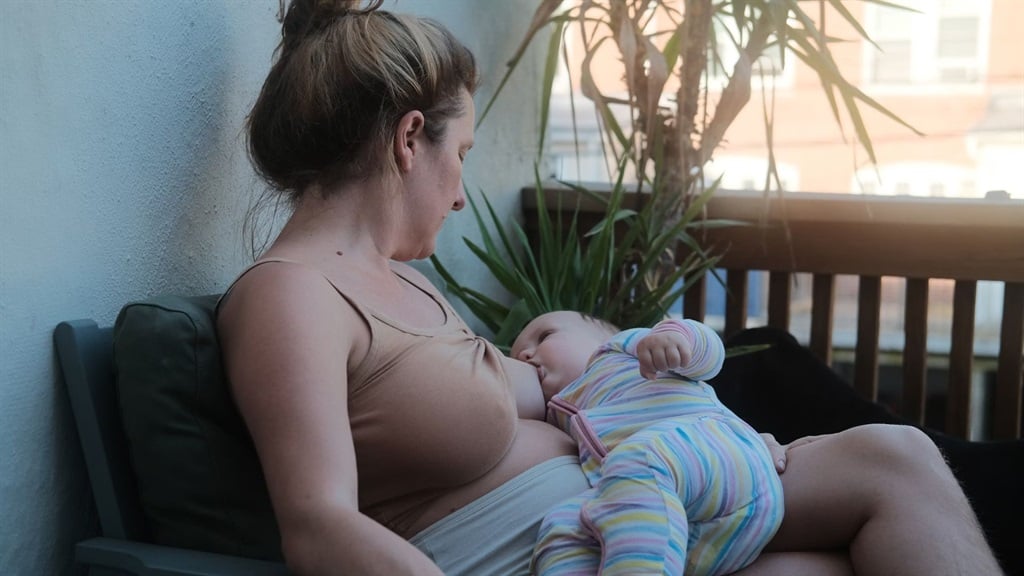
- One in three South African women suffer from perinatal depression and anxiety.
- May marks Maternal Mental Health Month, with 1 May designated as World Maternal Mental Health Day, which aims to raise awareness on women's maternal health and some of the conditions they face as mothers.
- Women who struggle with postpartum anxiety are encouraged to speak out and seek help.
There is something Serena Williams, Brooke Shields, Alanis Morissette, Adele, Behati Prinsloo, South Africa's own actress and endurance athlete Vanessa Haywood-Sandes and Vutivi Dlamini of The Dlamini's YouTube channel, have in common - and it's not just fame.
All these women have experienced postpartum depression, one of the most widespread maternal mental health conditions in the world.
In South Africa, as many as one in three women suffer from it - and this May, the Perinatal Mental Health Project (PMHP) is shining a spotlight on the issue. Each year, May marks Maternal Mental Health Month, with 1 May designated as World Maternal Mental Health Day.
The aim is to raise awareness around the fact that so many women - from all communities, stages and walks of life - experience perinatal mental health challenges and to share resources for support.
The term perinatal refers to the pregnancy period and the first year after giving birth.
"Perinatal depression is common, and so is anxiety and post-traumatic stress disorder," says Associate Professor Simone Honikman, the founder and director of the Perinatal Mental Health Project (PMHP), a Cape Town-based NPO that works to support the integration of maternal mental health care in South Africa.
"The prevalence here is about double that in higher-income countries, and marginalised women are affected the most."
ALSO READ | 'Trying not to drown': Halle Bailey's relatable revelation about navigating new motherhood
Perinatal depression and other common maternal mental health disorders are highly treatable when detected early.
However, they often go unrecognised and untreated, with many women being left to push through as best they can.
Honikman says:
"We are talking about a higher probability of preterm delivery, low birth weight, self-medication with harmful substances, negative impacts on the child's development, and even an increased risk of the mother's death," says Honikman.
"There are also economic impacts. In South Africa, the lifetime costs of untreated maternal depression and anxiety alone add up to R51.8 billion per annual group of pregnant women and their infants.
"There is a very real need for high quality, integrated mental health services within maternity care."
Women can learn to optimise challenging circumstances and navigate a way forward with appropriate care.
However, access to treatment is a key challenge - particularly for the most vulnerable women living in low-income communities.
In 2019, just five percent of the country's public health budget was allocated to mental health expenditure. Of the population without private medical insurance who needed mental health care, less than 0.9% received inpatient mental health care, and less than 10% (7.8%) received outpatient mental health care.
Globally, the World Health Organisation has called for mental health care to be integrated into maternal and child health services through a recently published guide.
In South Africa, this is reflected in the new National Maternity Care Guidelines, which we await release. These guidelines provide evidence-based and practical approaches for maternity care workers to provide mental health as part of holistic maternal care.
ALSO READ | What to expect when you’re expecting: How will your sex life change during pregnancy and postpartum?
Honikman and her team at PMHP played a core role in creating both guidelines.
All parents dealing with perinatal mental health challenges are encouraged to seek support.
The Perinatal Mental Health Project website is a good place to start - a good go-to site for information and to source useful materials, in multiple languages.
The PMHP does not have a helpline or provide support other than the women who visit its service at the Hanover Park Midwife Obstetric Unit.
However, Honikman recommends the Masiviwe website, which has a map of mental health resources across the country.
Additionally, anyone can contact the following organisations for free assistance: SA Depression and Anxiety Group: 0800 21 22 23 (general) or 0800 567 567 (suicide crisis helpline).




 Publications
Publications
 Partners
Partners















